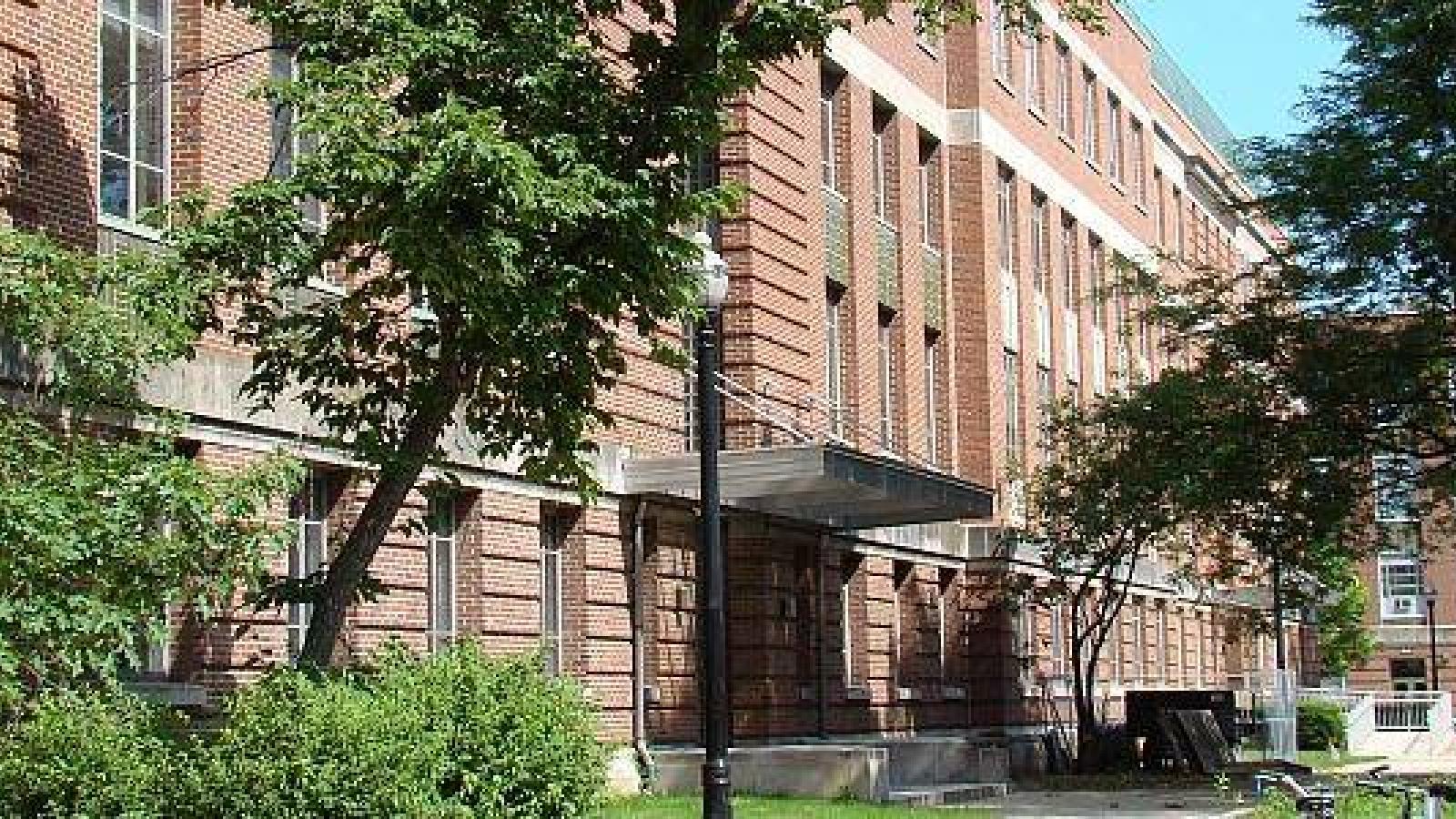Program Goals
The dominant problems of the next century - ecological, economic and political - will be those of an interconnected, interdependent world population. Ecological issues, such as environmental degradation and resource depletion, are often the ultimate cause of economic and political policies. To deal with these issues it is important to understand the processes and principles of the environment - embodied in environmental science. Understanding will come from research on the problems themselves and on the basic science underlying the problems. Some environmental issues that will continue to beg solutions through the 21st century are:
- acid precipitation
- hazardous waste disposal
- global climate change
- water quality impairment of lakes and rivers
- forest, grassland and wetland loss
- toxic substances in our food chain
- oil spills
- loss of biodiversity
- nonrenewable resource depletion
- introduction and impact of non-indigenous species
- and general deterioration of the biosphere
This program is designed around the following principles:
- Academic compartmentalization is ill-suited to learning about and solving the environmental problems of the 21st century.
- ESGP is designed to cut across traditional academic disciplines to provide sound and effective graduate education and research on these important environmental issues.
- Scientists and professionals are needed who, after achieving a solid disciplinary education in science-related fields as undergraduates, have integrated and interdisciplinary approaches to deal with these problems.
The ESGP's goal is the pursuit and dissemination of knowledge in the interdisciplinary field of environmental science. The program emphasizes basic research on ecological processes and effects, and applied research and teaching that will contribute to solving the world's pressing environmental problems.

